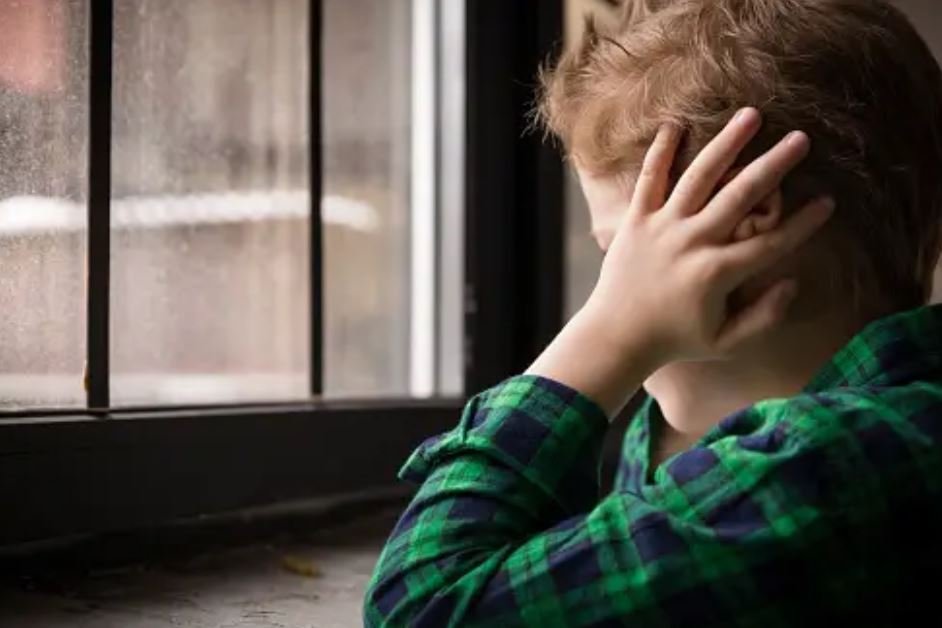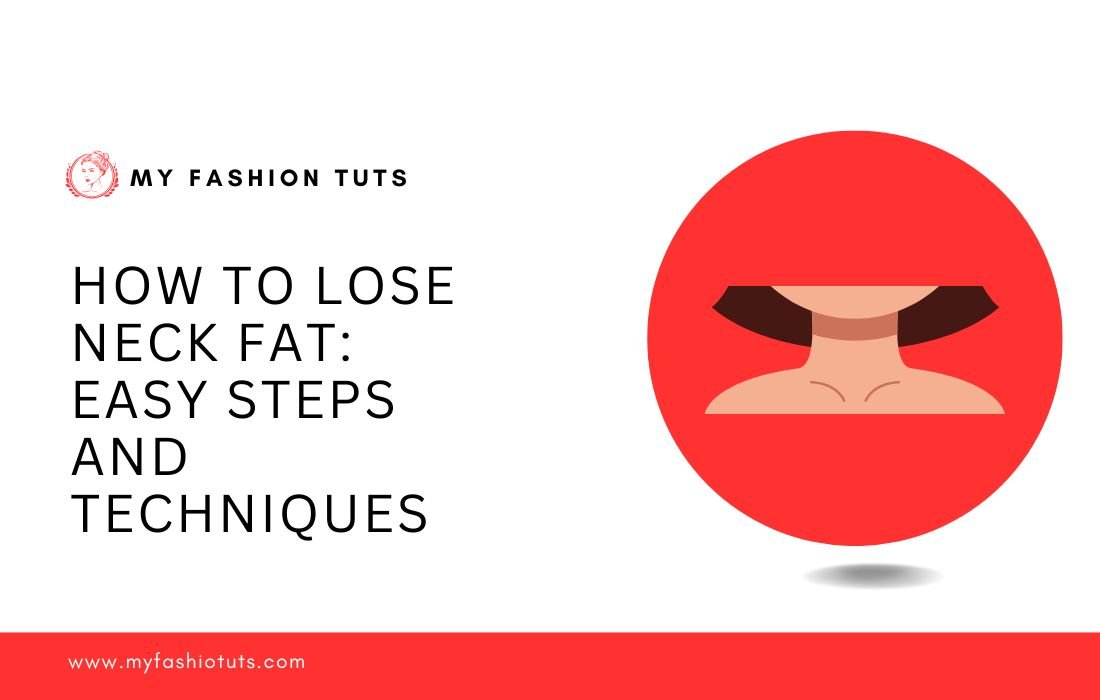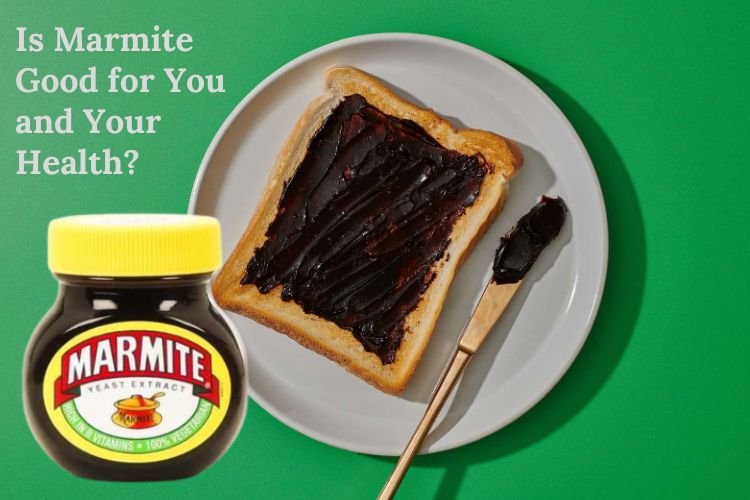
Childhood experiences play a profound role in shaping our adult lives, particularly in the context of relationships. Childhood trauma, such as abuse, neglect, or witnessing domestic violence, can have long-lasting effects on an individual’s ability to form and maintain healthy adult relationships. In this article, we will explore the impact of childhood trauma on adult relationships and the insights offered by counseling to help individuals and couples heal and build stronger connections.
Understanding Childhood Trauma
Childhood trauma refers to adverse experiences that occur during a person’s early years and disrupts their sense of safety and security. Traumatic events can have a profound impact on a child’s emotional, psychological, and social development. These experiences can include physical, emotional, or sexual abuse, neglect, loss of a parent, or exposure to violence.
The Link between Childhood Trauma and Adult Relationships
The effects of childhood trauma often manifest in adult relationships. Individuals who have experienced trauma may struggle with trust, emotional intimacy, and vulnerability in their partnerships. The fear of being hurt or rejected may lead to difficulties in forming deep connections, and they may resort to emotional withdrawal or become overly dependent on their partner.
Trauma’s Influence on Communication
Effective communication is vital in any relationship, but childhood trauma can hinder a person’s ability to express their emotions and needs openly. Those who have experienced trauma may have difficulty recognizing and articulating their feelings, leading to misunderstandings and conflicts within the relationship. Couples counseling provides a safe space to address these communication challenges and develop healthier ways of expressing emotions.
Attachment Styles and Relationship Dynamics
Childhood trauma can influence an individual’s attachment style, which in turn impacts their relationship dynamics as adults. Some may develop anxious attachment, seeking constant reassurance and fearing abandonment. Others may develop avoidant attachment, creating emotional distance to protect themselves from perceived threats. These attachment patterns can create friction and misunderstandings in relationships.
The Role of Couples Counseling in Healing
Couples therapy offers a valuable opportunity for partners to address the impact of childhood trauma on their relationship. A skilled couples therapist can help individuals recognize how past experiences are affecting their current interactions and work towards healing together.
Breaking Down Barriers
Couples counseling provides a safe and supportive environment for partners to share their past traumas and their effects on their present relationship. By breaking down communication barriers, couples can develop a deeper understanding of each other’s experiences and emotional triggers.
Rebuilding Trust and Intimacy
Childhood trauma can erode trust and emotional intimacy between partners. In couples therapy, a couples therapist can guide partners in rebuilding trust and intimacy by fostering open communication, empathy, and vulnerability.
Healing Individual Wounds
Individual healing is essential for the overall well-being of a relationship affected by childhood trauma. Couples counseling can help each partner work through their individual traumas, offering insights and coping mechanisms for managing triggers and emotional responses.
Learning Healthy Conflict Resolution
Couples counseling equips partners with healthy conflict resolution skills. When addressing childhood trauma, conflicts may arise due to heightened emotions and sensitive topics. Learning to navigate these conflicts respectfully and constructively is crucial for strengthening the relationship.
Supporting Each Other’s Growth
Couples therapy emphasizes the importance of supporting each other’s healing and personal growth. Partners learn to be empathetic listeners, providing validation and encouragement as their loved ones work through the impact of childhood trauma.
Breaking Generational Patterns
Couples counseling not only focuses on healing the present but also on breaking generational patterns of trauma. Understanding how childhood trauma can be passed down through generations empowers couples to create a healthier environment for themselves and their future family.
In conclusion, childhood trauma can have a significant impact on adult relationships, affecting communication, trust, and intimacy. The insights provided by couples counseling and the guidance of a skilled couples therapist offer hope for healing and rebuilding a stronger connection. By addressing past traumas, learning healthy communication, and supporting each other’s growth, couples can overcome the challenges posed by childhood trauma and build fulfilling and nurturing relationships. Remember, seeking professional help through couples therapy is a powerful step towards creating a healthier and happier partnership for the long term.








